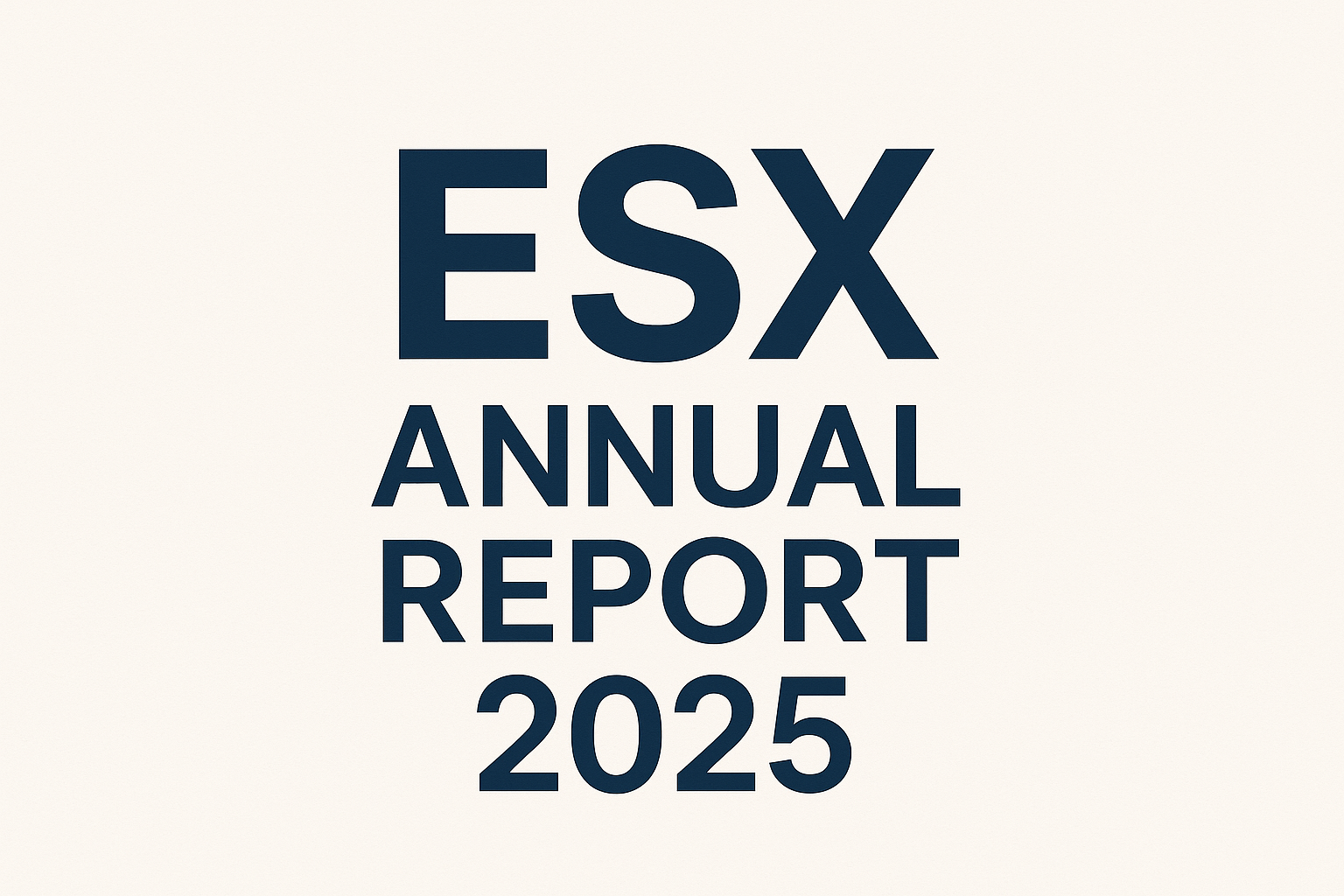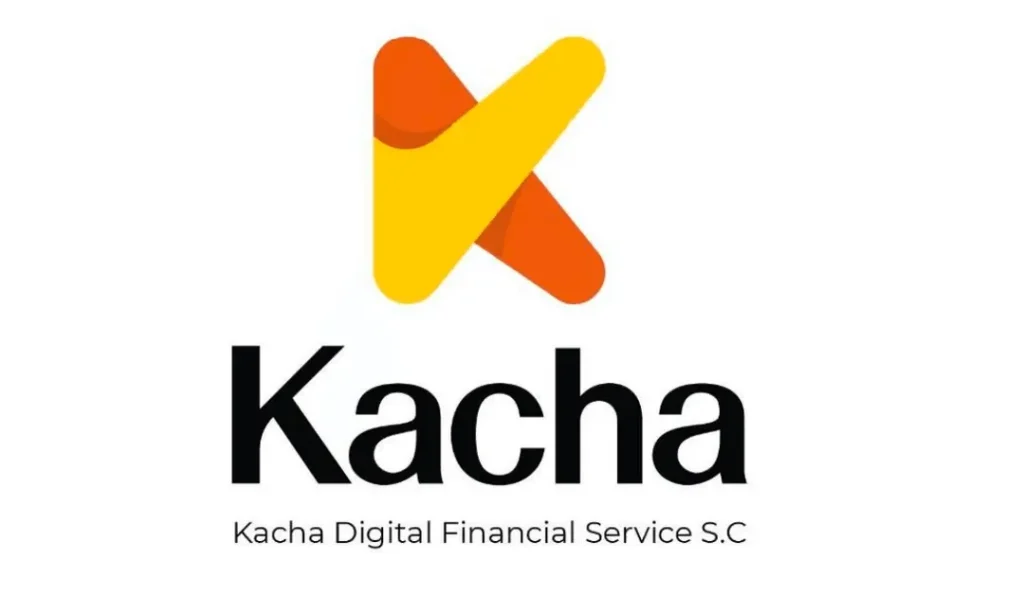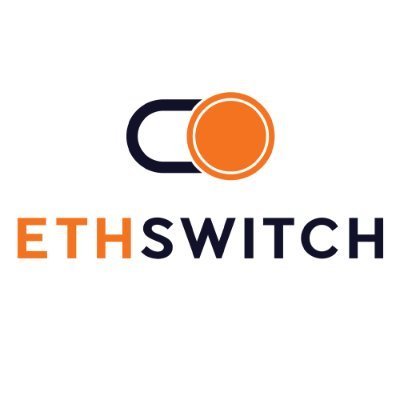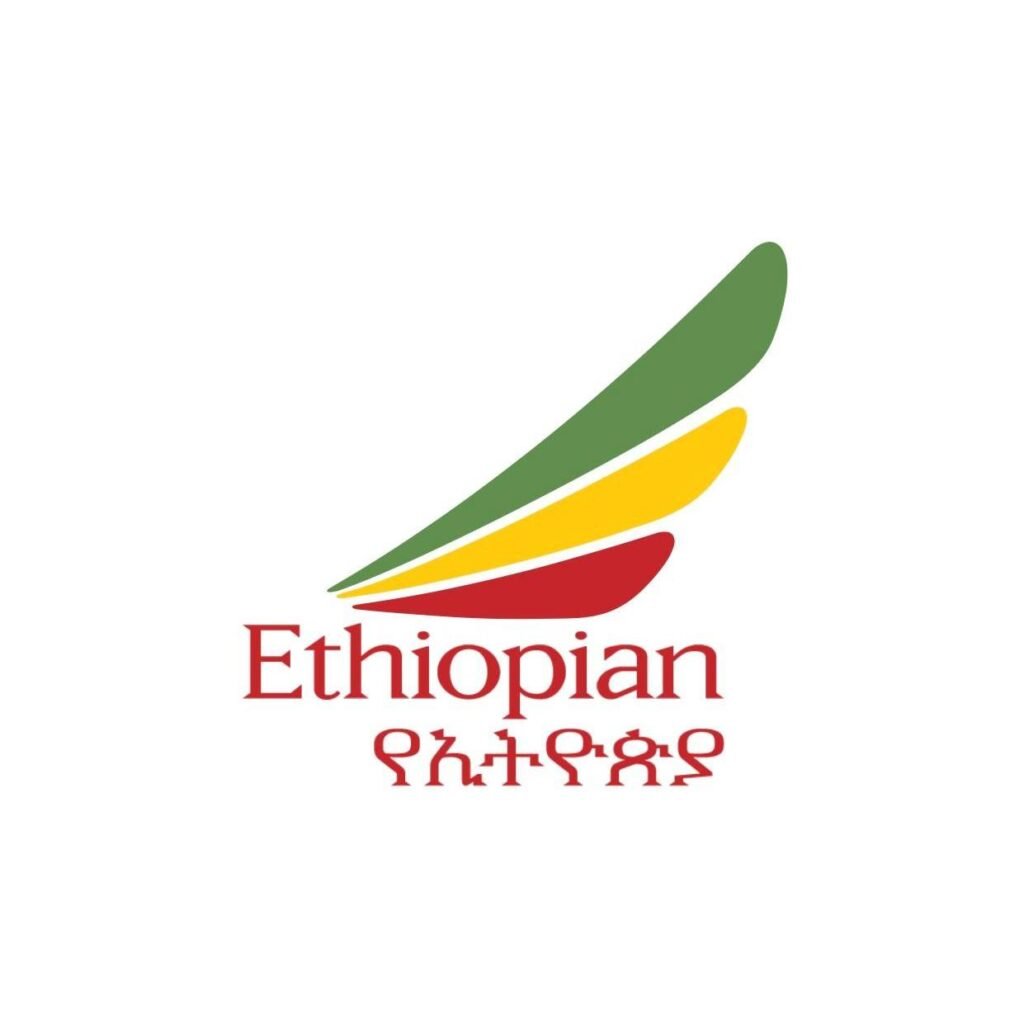Ethiopia Mandates Universal Digital Payment Acceptance in Sweeping Public Sector Reform
Addis Ababa, June 25, 2025
In a transformative move to accelerate financial inclusion and modernize government services,
Ethiopia’s Ministry of Finance has enacted Directive No. 1069/2025, requiring all federal public institutions to accept payments from any licensed digital payment provider. This landmark policy, effective immediately, dismantles monopolistic practices and could reshape Ethiopia’s digital economy landscape.
Breaking Monopolies, Building Inclusivity
The directive targets all federal bodies including tax offices, utility providers, and public service agencies funded wholly or partially by the national budget. They must now integrate systems to accept payments through:
– Debit/credit cards and prepaid instruments**
– Mobile wallets (e.g., Telebirr, M-Pesa)
– Bank transfers and internet banking
– Payment system operators licensed by the National Bank of Ethiopia (NBE).
Critically, the policy ends the de facto monopoly of state owned platforms like Telebirr, which previously dominated government transactions. Public offices can no longer reject payments based on the provider’s identity, as long as the provider is NBE-licensed.
Core Provisions of Directive 1069/2025
1. Non-Discrimination Mandate:
Government offices cannot refuse payments from any licensed provider or impose extra fees on users. They must accept the full transaction amount, absorbing processing costs themselves .
2. 90-Day Implementation Clock:
Agencies have three months (from late May 2025) to upgrade technical systems, integrate payment gateways, and train staff. Monthly progress reports to the Finance Ministry are mandatory.
3. Enforcement Mechanism:
The Ministry’s Inspection Department will conduct audits and on-site inspections. Non-compliant institutions face undisclosed penalties .
Strategic Alignment and Impacts
This directive operationalizes Ethiopia’s Digital Ethiopia 2025 strategy, which aims to digitize 130+ public services. Finance Minister Ahmed Shide emphasized it would “ensure open access, diverse payment options, and a competitive digital payments ecosystem”.
Expected Benefits:
– Financial Inclusion: 51+ million mobile money users (notably Telebirr’s user base) gain access to unified government payment channels .
– Cost Reduction: Eliminates cash-handling expenses for agencies.
– Transparency: Digital trails reduce corruption risks.
Industry Response:
Fintech startups and banks welcome the move. A Safaricom executive noted, “After two years struggling to integrate M-Pesa into fuel payments, this levels the playing field” . Previously, state entities like the Commercial Bank of Ethiopia enjoyed preferential access, stifling competition.
Challenges Ahead
Despite the mandate, hurdles remain:
– Infrastructure Gaps: Rural agencies lack reliable internet or POS systems.
– Interoperability: Seamless integration among 40+ NBE-licensed providers requires robust technical standards .
– Behavioral Shifts: Citizens accustomed to cash may resist digital adoption.
As Kaleab Girma of Shega highlights, “Unfair pricing, restricted access, and interoperability gaps persist despite regulatory reforms” .
The Bigger Picture
This reform complements Ethiopia’s broader economic shifts:
– Anti-Cash Measures: Recent tax reforms cap cash payments at 10,000 birr/day, pushing transactions toward digital channels .
– Fintech Expansion: The NBE’s 2020 decision to license non-bank fintechs laid groundwork for this policy.
“This directive isn’t just about payments it’s about redefining citizen-government interaction through technology,” remarked a Ministry of Finance official. If implemented fully by the August 2025 deadline, Ethiopia could emerge as a model for digital public service delivery in Africa .
Visual: Infographic comparing old system (Telebirr-only) vs. new multi-provider framework, with statistics on mobile money users and timeline.
Sources: Ministry of Finance, Ethiopia; National Bank of Ethiopia; Techpoint Africa







